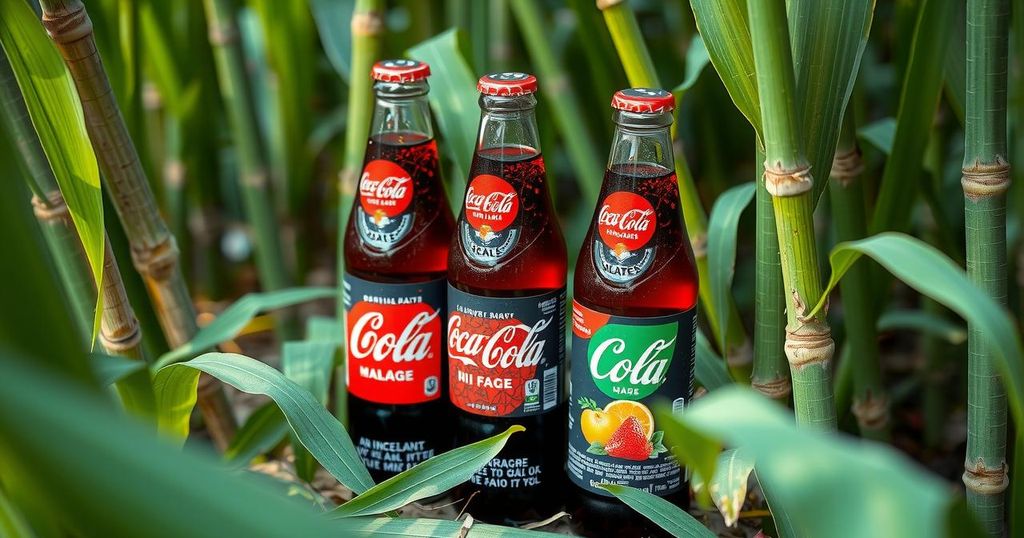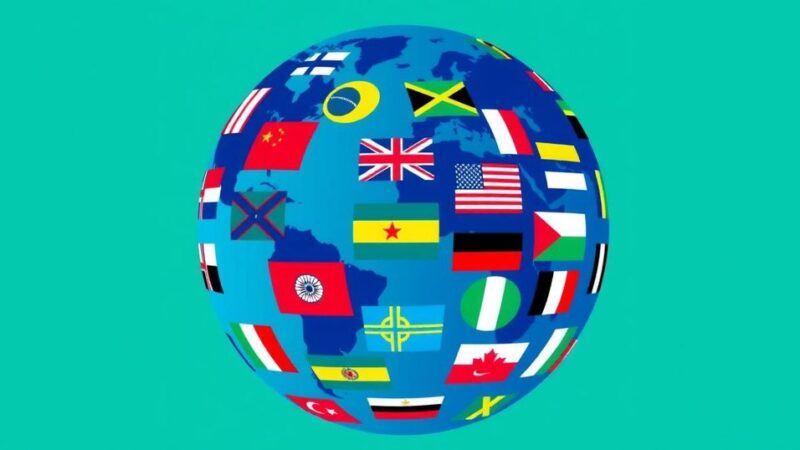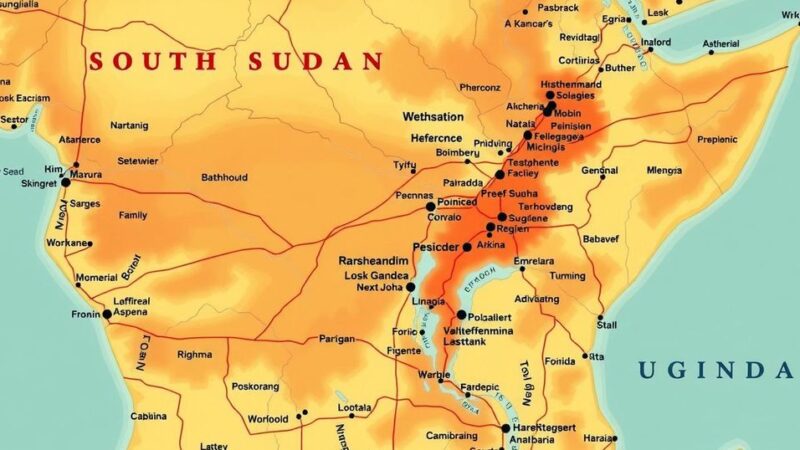The RSF in Sudan controls gum arabic, a major ingredient for Coca-Cola and Pepsi. This situation involves financial transactions that tie these companies to entities accused of war crimes amid a civil conflict. The humanitarian crisis has intensified, prompting public boycotts and raised ethical concerns around sourcing ingredients responsibly.
Recent reports indicate that Sudan’s Rapid Support Forces (RSF) are controlling the distribution of gum arabic, a crucial ingredient in Coca-Cola and Pepsi products. Gum arabic, derived from acacia tree sap, is essential in various consumer goods including beverages, cosmetics, and medicinal products. Approximately 70 percent of the global supply originates from Sudan, specifically from regions largely under RSF control, as highlighted by Bloomberg.
Hisham Salih Yagoub, a prominent supplier from Afritec, stated that he regularly pays the RSF $2,500 per truck for safe transport to ports. He remarked, “They stop the trucks and you have to pay for the trucks to move. They either steal some of it or they make you pay.” The ongoing civil conflict between the RSF and the Sudanese Armed Forces (SAF) has exacerbated the situation, resulting in a humanitarian crisis and significant civilian casualties.
Documentation obtained by Bloomberg reveals that the SAF has imposed additional fees on the export of gum arabic, charging approximately $155 per 100kg shipped from Port Sudan. This suggests that transportation of this critical ingredient involves financial transactions with entities implicated in war crimes. Attempts to reach Coca-Cola, PepsiCo, and Danone regarding these issues went unanswered.
In contrast, Nestlé stated its commitment to responsible sourcing while Mars declared zero tolerance for bribery, emphasizing their engagement with suppliers concerning the dire circumstances in Sudan. Recently, Coca-Cola and Pepsi have also encountered boycotts in the Middle East linked to their perceived support of Israel amid the conflict in Gaza, contributing to a reported 7 percent sales decline for western soft drink brands in the region during the first half of 2024.
The control of gum arabic by the RSF in Sudan presents significant ethical and logistical challenges for major beverage companies like Coca-Cola and Pepsi. With the country embroiled in civil conflict, companies must navigate the complex dynamics of sourcing ingredients responsibly whilst responding to public scrutiny and boycotts. This situation underscores the dire humanitarian crisis unfolding in Sudan and its global implications for businesses reliant on local resources.
Original Source: www.middleeasteye.net






